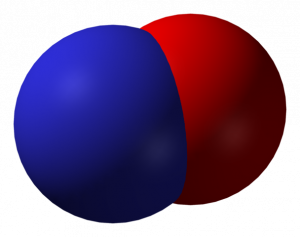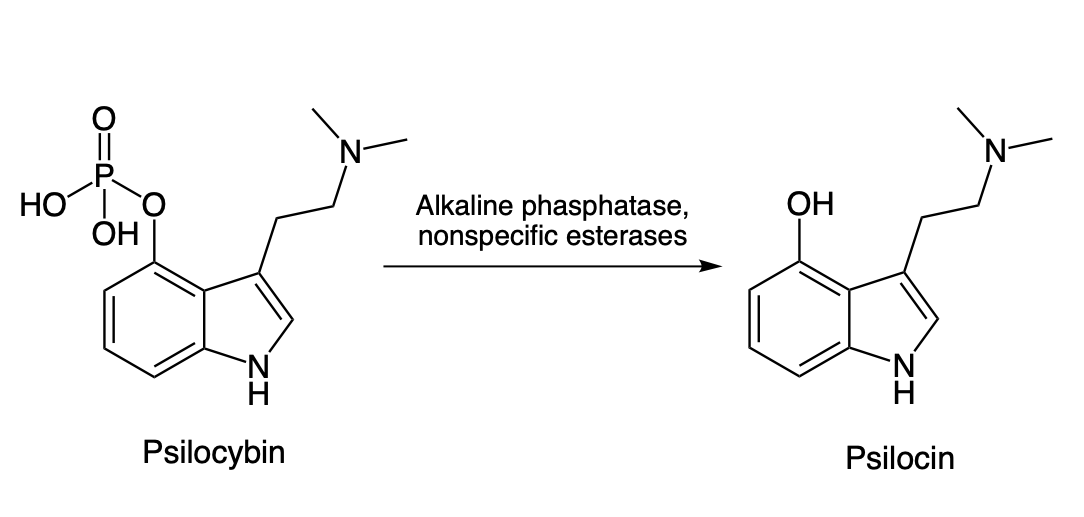Thought taking shrooms came with no morning-after side effects? Think again!
While the toxic dose of psilocybin mushrooms is near-impossible to reach (it’s about 32kg of mushrooms– please don’t try), that doesn’t mean you’ll necessarily come back from a trip feeling totally rosy. While many people attest to alleviated stress and depression, a light, serene sensation and general feelings of happiness after taking shrooms, don’t be alarmed if you also feel pretty rough the day after – because shroom hangovers are real.
No, they’re not as bad as a hangover you’ll get from a night of binge drinking. But familiar experiences of pounding headaches, nausea and general ‘ick’ can happen as a result of taking psilocybin mushrooms, regardless of dose.
But what causes a shroom hangover? And, maybe more importantly, how can you alleviate the symptoms?
What causes a Shroom Hangover?
As with most things related to psychedelics, more research is needed to fully determine what causes a shroom hangover. However, clinical observations have suggested nitric oxide and serotonin may be a big part of it…
Nitric Oxide & Shroom Hangovers

Space-filling model of the nitric oxide molecule.
In studies where migraines are induced, nitric oxide (a free-radical gas with vasorelaxant effects, aka NO) is often used. Research into headaches after taking LSD has revealed that this drug suppresses the release of NO, and it’s believed that psilocybin exerts similar effects. Anti-migraine medications methysergide and pizotifen may well exert their action by reducing NO production, so there’s certainly some cross-over with NO and migraines…but exactly what the action is with psilocybin is not entirely clear.
Serotonin & Shroom Hangovers
Yes, shroom hangovers may be related to serotonin activity – but not in the usual way you might expect from other drugs.
Rather than experiencing a rush of high serotonin levels and then feeling the pain of ‘coming down’, psilocybin, once converted to psilocin in the body, actually appears to depress the activity of neurons thereby decreasing serotonin release. The ensuing headache comes not as a result of reduced serotonin, but rather a super-sensitivity to serotonin in isolated parts of the brain once the direct pharmacological effects of psilocin wear off.

Conversion of Psilocybin to Psilocin
However, none of this is solid. Sure, shroom hangovers appear to be a thing for some people, but the research determining exactly why that is (and how serotonin and NO potentially play a role), is far from definitive. And of course, just to make matters even more confusing, there are studies exploring the use of psilocybin to treat migraines, potentially thanks to an interaction with a different type of serotonin receptor…
The Spiritual Side
After realising how tricky this article was to write, I set about seeking out experts who might be able to help at a recent ‘psychedelics as medicine’ event in Scotland. However, who I ended up chatting to about it was a guy who had trained in plant medicine with a shaman for 10 years…and he had different thoughts on the subject.
“When do you normally feel sick? What triggers headaches for you?” He asked.
For me, the answers were clear: grief, stress, emotional overwhelm, hormones…
Nausea, stomach aches and headaches are not all that unusual in my life. And, upon examining the experience with a shroom hangover in this way I had to wonder: was the huge emotional release during my own psilocybin experience, which dealt with grief and pain and trauma, more to do with the shroom hangover than anything else?
Possibly.
The whole realm of psychedelics is still so unknown and mysterious, even with the enormous surge of research going on right now. It makes as much sense as anything else that this physiological reaction could be related to an emotional reaction. I’m certainly open to it!
How to deal with a shroom hangover
Well, considering the cause is unclear, knowing what to do about it is also a tricky one! Fortunately, the ill effects of a shroom hangover are transient, so you may find that popping a painkiller, sleeping and drinking plenty of water will do the trick.
According to Healing Maps, there are a number of supplements you can take to support your mind and body before, during and after a psychedelic journey – maybe these would help with a hangover too.
These include vitamin D, functional mushrooms (lions mane, cordyceps, reishi etc), probiotics and CBD, all of which will help to rebalance your body, ease emotional distress, and boost immune and gut health.
If you experience a shroom hangover after a trip, hang in there. You’ll be OK. It’s nothing to worry about. Just give yourself the time you need to recuperate, replenish and re-enter the ‘normal’ world and pay attention to what your body tells you it needs.
Ruby Deevoy is a U.K. cannabis journalist with years of experience covering CBD and cannabis in mainstream publications such as The Independent, The Mirror, The National, Elle, Red, Top Sante and Natural Health magazine. She’s also the U.K’s only CBD columnist, writing monthly for Top Sante magazine, cannabis agony aunt for Leafie, writes the Indybest CBD product lists, is founder of The CBD Consultancy and is the primary press member for The Cannabis Industry Council. Tweets @RDeevoy.
